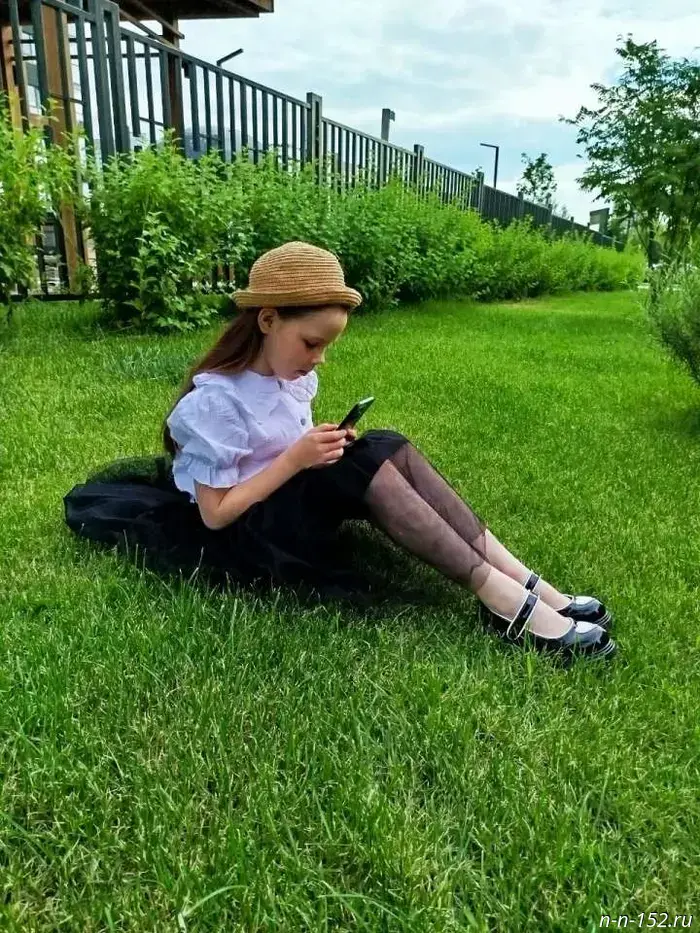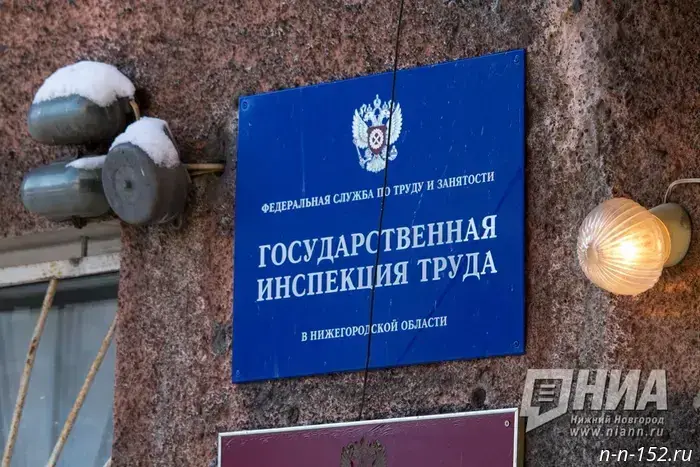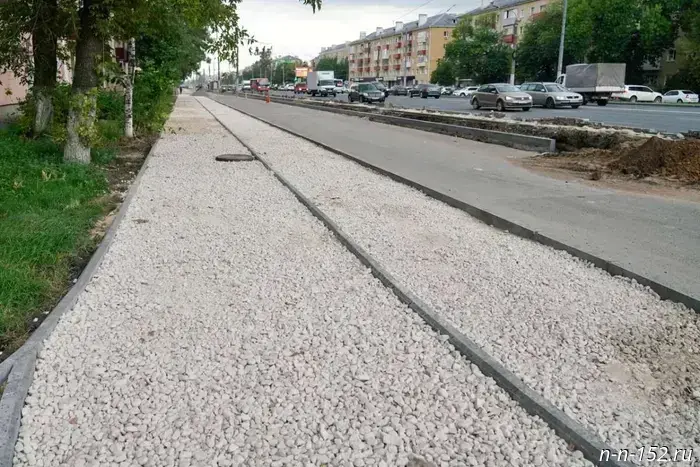
72% of families in Nizhny Novgorod establish safety rules when buying smartphones for their children.
August 5, 2025, 17:37
[144]
Society: MTS Digital Ecosystem and Avito online platform conducted a joint study dedicated to issues of digital upbringing of children. Experts found that 72% of residents of Nizhny Novgorod begin teaching their children the basics of safe internet behavior as soon as the child gets their first smartphone, while 25% of respondents engage in prevention measures even before purchasing the device.
Parents noted that their children spend an average of about three hours a day on online platforms. Most of this time is spent on video hosting sites (50%), messaging apps (37%), social networks (25%), short video services (24%), online cinemas (24%), gaming platforms and online games (19%), and online shopping platforms such as marketplaces and classified ads (17%).
According to the study, the majority of Nizhny Novgorod parents consider the optimal age to start active digital life to be around 10 years old. Interestingly, this figure depends on the age of the adults themselves: respondents aged 25–34 are willing to allow their children to actively use digital platforms from age 9, while older parents (55 to 64 years old) tend to believe that a safer age is 12.
"Modern children are immersed in the digital world as early as 5–6 years old, and this is a natural process. An important task for parents is not to shield children from the internet with a wall, but to become reliable guides in this space. The key to safety is honest and open dialogue. Discuss real online risks with children: why personal data should not be trusted to strangers, how to recognize manipulations, and why any doubt is a reason to immediately consult a parent. Children will still explore the online world. Our common goal is to make this journey as protected as possible, filled with trust and practical knowledge of digital safety rules," comments Arseniy Epov, director of Membrana Kids, a safe space service for children from MTS.
Among internet safety rules, parents most often teach children not to share personal data (74%) such as passport series and number, bank card details, passwords, mobile phone number, and others; not to click on suspicious links (72%); not to give access to accounts (66%); when making online transactions, not to agree to switch to another messenger (67%); not to transfer prepayment or send money directly to the seller’s card (65%); and to create strong passwords and enable two-factor authentication (25%).
"Children easily master technologies but often do not realize the risks. According to the 'Digital Dictation 2024,' the level of digital literacy among teenagers is below the national average. This underscores the need to develop correct habits and understanding of digital security fundamentals from an early age: the sooner children learn about risks and opportunities online, the easier it will be for them to adapt and develop safe behavior patterns in the network. We recognize our role in this process. The first experience of interacting with online platforms largely determines the user’s subsequent attitude towards them. Therefore, it is crucial for us that initial online transactions are not only successful but also safe and positively influence children’s trust in the digital space," says Natalia Yumatova, director of trust and security at Avito.
Overall, parents in the Nizhny Novgorod region responsibly approach controlling the time their children spend online — 31% of respondents limit usage time, 20% restrict both time and content, 12% only restrict content, while 25% trust children and ask them to regulate their own time; another 12% do not impose any restrictions on the time children spend online.
NIA "Nizhny Novgorod" has a Telegram channel. Subscribe to stay updated on major events, exclusive materials, and timely information.
Copyright © 1999–2025 NIA "Nizhny Novgorod." Hyperlink to NIA "Nizhny Novgorod" is mandatory when reproducing content. This resource may contain 18+ materials.
Другие Новости Нижнего (Н-Н-152)
 An employee of the Nizhny Novgorod fruit and vegetable warehouse died at work.
An employee of the Nizhny Novgorod fruit and vegetable warehouse died at work.
 Seven employees of the Pavlovsk poultry farm were injured over two days.
Seven employees of the Pavlovsk poultry farm were injured over two days.
 The fare for transportation in Nizhny Novgorod will not be increased.
The fare for transportation in Nizhny Novgorod will not be increased.
 14-year-old from Nizhny Novgorod received 500,000 rubles for trampoline injury
In Nizhny Novgorod, thanks to the intervention of the prosecutor's office, compensation has been paid to the child injured on the attraction.
The Prosecutor's Office of the Moscow District of Nizhny Novgorod conducted an inspection of the enforcement of legislation on the protection of minors' life and health. August 5, 2025. Prosecutor's Office. Nizhny Novgorod Region. Nizhny Novgorod.
14-year-old from Nizhny Novgorod received 500,000 rubles for trampoline injury
In Nizhny Novgorod, thanks to the intervention of the prosecutor's office, compensation has been paid to the child injured on the attraction.
The Prosecutor's Office of the Moscow District of Nizhny Novgorod conducted an inspection of the enforcement of legislation on the protection of minors' life and health. August 5, 2025. Prosecutor's Office. Nizhny Novgorod Region. Nizhny Novgorod.
 A kilometer-long bike path is being constructed on Lenin Avenue in Nizhny Novgorod.
A kilometer-long bike path is being constructed on Lenin Avenue in Nizhny Novgorod.
